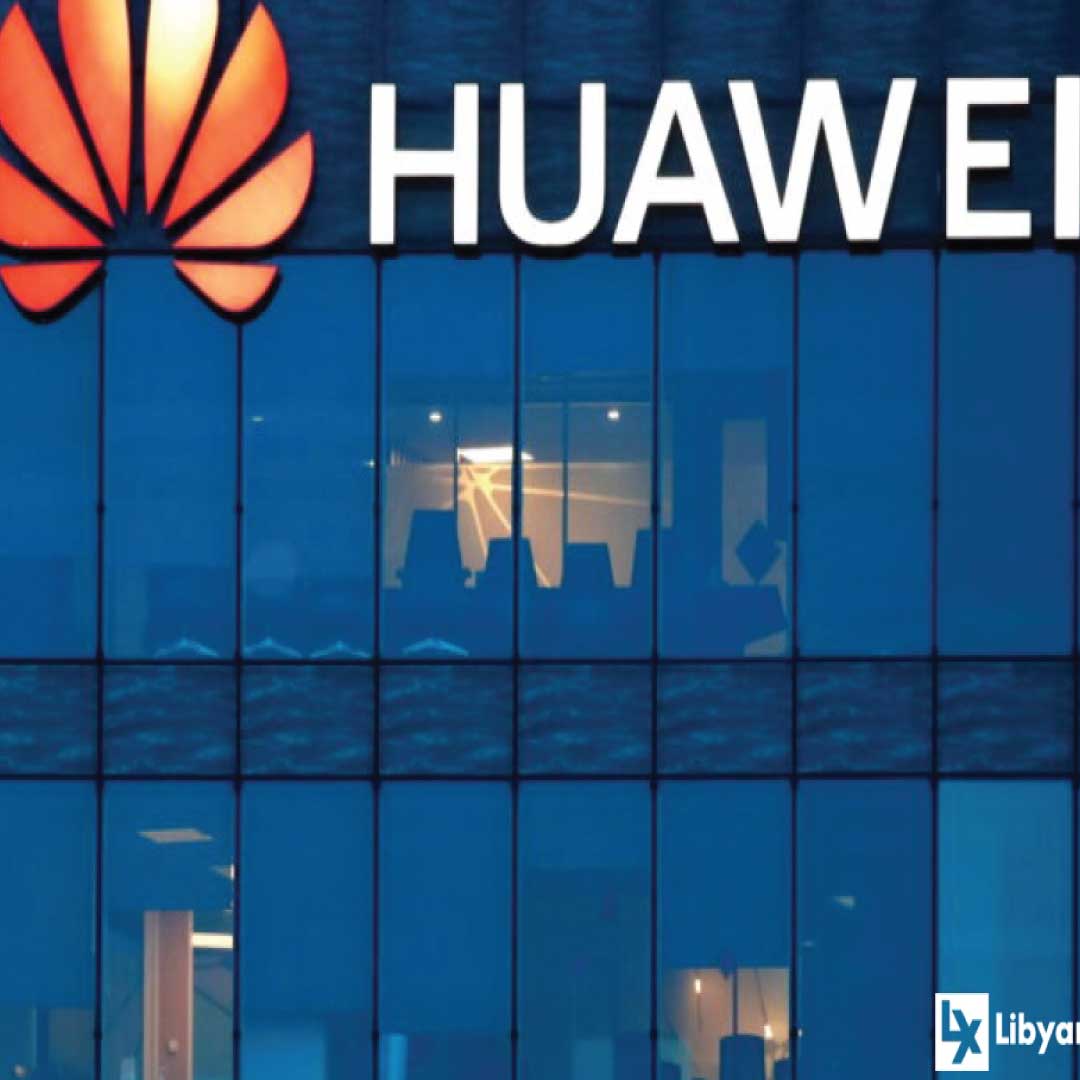Huawei Technologies, the Chinese telecommunications behemoth, has once again captured the tech world’s attention with its announcement of launching “disruptive” products in the upcoming year.
Richard Yu Chengdong, the head of Huawei’s consumer business and chairman of its intelligent automotive solution business unit, made this bold declaration recently at the company’s annual fan club event. The promise of these products is not only to lead but to “rewrite the history of the industry,” setting a high bar for expectations and speculation.
Read also: Huawei commits to digitalization of Lagos State
The Mate 60 Series: A Prelude to Disruption
The announcement follows the successful launch of Huawei’s 5G-capable Mate 60 smartphone series, powered by the advanced Kirin 9000s processor developed in China. Despite facing US trade sanctions that restricted access to American technology, Huawei’s Mate 60 series marked a triumphant return to the 5G smartphone market. The series’ release sparked a patriotic fervor among Chinese consumers, with sales reaching 2.4 million units within eight weeks according to Counterpoint, and Canalys reporting shipments of 2.5 million units by early November.
HarmonyOS: The Foundation of Huawei’s Future
At the heart of Huawei’s strategy lies HarmonyOS, its self-developed mobile platform. Richard Yu announced that the company would release native apps and products based on HarmonyOS, positioning Huawei as a top operating system operator in China. This move is part of a broader strategy to counter the impact of US sanctions and create a self-sufficient ecosystem.
Strategic Partnerships and Ecosystem Expansion
Huawei’s expansion efforts include drawing more developers into its HarmonyOS ecosystem. Notably, Alibaba Group Holding’s fintech affiliate Ant Group is developing a HarmonyOS version of its mobile payment app Alipay. Additionally, the China unit of McDonald’s has joined Huawei’s platform, becoming one of the first multinational food companies in the country to do so. Alibaba is also working on a HarmonyOS-compatible version of its workplace collaboration app DingTalk.
Anticipating HarmonyOS Next
The tech community eagerly awaits the launch of HarmonyOS Next, the developer preview version expected in the first quarter of 2024 This iteration of HarmonyOS will not support Android-based apps, signaling Huawei’s commitment to fostering a pure HarmonyOS environment and further distinguishing its platform from competitors.
Huawei’s ambitious plans for disruptive products and the development of HarmonyOS signal a transformative era for the company and the tech industry at large. With its resilience in the face of sanctions and its drive for innovation, Huawei is poised to challenge the status quo and potentially reshape the technological landscape. As the world watches, the anticipation for what Huawei will unveil next continues to build, promising a future where the company’s vision becomes a reality.
What are some other disruptive products that Huawei has launched in the past?
Huawei has been known for its innovative and disruptive products in the tech industry. Here are some of the notable products and technologies that Huawei has introduced in the past:
Huawei P and Mate Series: The Huawei P series and Mate series smartphones have consistently been among the best in the market, known for their high-end specs, exceptional design, and superior photography capabilities. These flagship devices have pushed the boundaries of what’s possible in a smartphone and have been highly recommended for consumers worldwide.
Huawei Mate X2: In the foldable smartphone category, Huawei introduced the Mate X2, which was a significant competitor to Samsung’s offerings in this space. The Mate X2 showcased Huawei’s ability to innovate and compete in the emerging market of foldable devices.
5G Technology: Huawei has been a leader in the development and deployment of 5G technology. Despite facing challenges due to trade sanctions, Huawei has continued to advance its 5G capabilities and has played a crucial role in the global rollout of 5G networks.
Artificial Intelligence (AI) and Cloud Computing: Huawei has embraced disruptive technologies such as AI and cloud computing, integrating them into its products and services to drive digital transformation success. The company has focused on the convergence of technology, people, and processes to create successful digital platforms that drive future growth.
Internet of Things (IoT): Huawei has also been active in the IoT space, deploying intelligent connected devices like sensors and robots to improve cross-functional collaboration and solve business issues. IoT and Big Data analytics have been key areas where Huawei has leveraged its technology to provide valuable insights and improve operational efficiency.
These products and technologies reflect Huawei’s commitment to innovation and its role as a disruptor in the tech industry. The company’s ability to adapt and introduce groundbreaking products has made it a formidable player in the global market.




